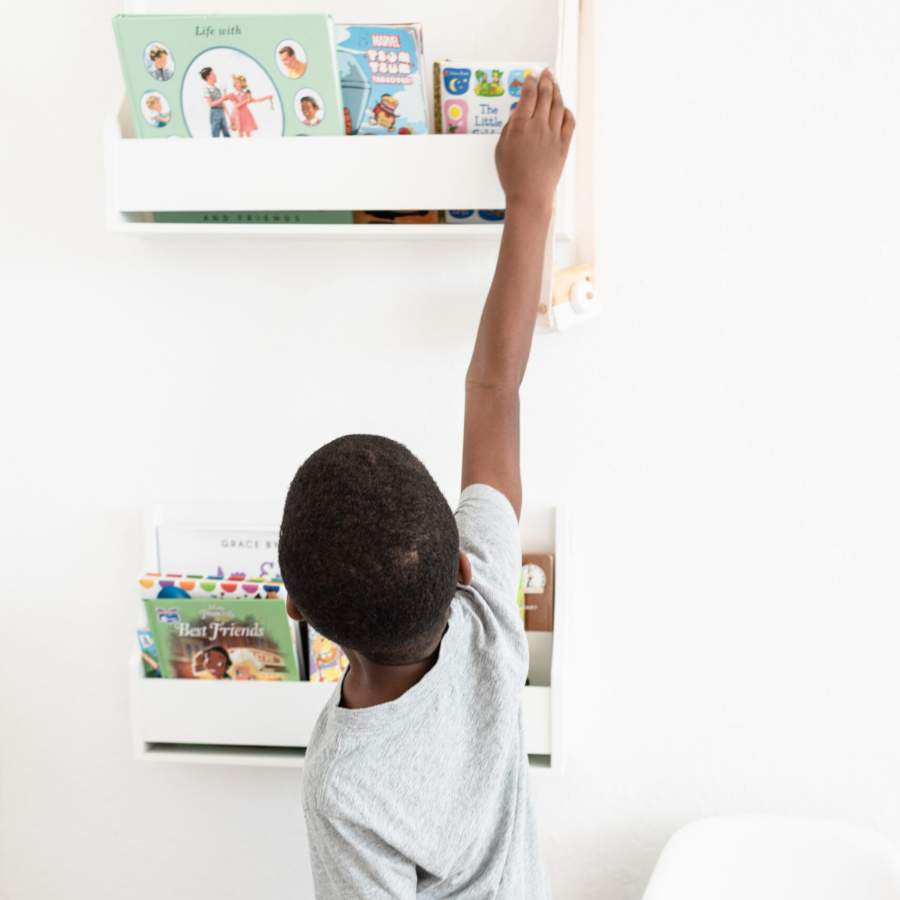I’ve been writing about sex ed for nearly a decade now. It began when I landed a gig with AASECT, the American Association of Sexuality Educators, Counselors, and Therapists. While with that organization—my child just an infant—I learned a lot about the state of sex ed in the United States, and about the role it could play in the overall health and well-being of my child as she moved through the world. When I left AASECT, I shifted the focus of my journalism work to sex ed. It just felt necessary.
So I’ve long been aware of the fears some parents carry around sex education. I want to maintain my child’s innocence, they say. Won’t teaching them about sex give them permission to have it? Aren’t they too young? Aren’t lessons like these better left to the parents? they ask, despite having no intention of teaching those lessons in the home.
It’s why most districts are required to make their curricula available to parents before these lessons are taught. It’s why opt-out (and, in less ideal circumstances, opt-in) laws exist. These laws are a nod to parental rights, an acknowledgment that parents and other caregivers should be able to make certain decisions around what their children learn about sexuality.
Putting aside my feelings about that, I’ve recently been seeing the term “parental rights” being used all over the damn place, usually as a means to restrict the rights of youth and the parents who are trying to support them.
And let me tell you, it is some kind of bullshit.
How Parental Rights Are Being Used As an Excuse to Disempower Youth
The first time it leapt out at me was last year, when Florida passed the Parental Rights in Education Act (also known as the “Don’t Say Gay” Bill). I wrote about this bill last year but, as a reminder, HB 1557 prevented educators from discussing gender identity and sexuality in K-3 classrooms.
Soon enough, states across the country were drawing up their own copycat bills, causing a chilling effect among schools and educators who were afraid of losing their jobs over what they might say or share in the classroom.
The specter of “parental rights” also hung over the push-back against COVID-era masking policies. Over the increase in book banning attempts. It reared its ugly head as part of the disinformation campaign against those who taught sex ed, and who taught what conservatives referred to as “critical race theory.” We’ve seen it, too, in the attack against drag queen story hours.
Now, as we see an overwhelming wave of anti-trans legislation that seeks to prevent trans students from playing sports, that seeks to ban youth from accessing gender-affirming care, that seeks to forcibly out transgender youth, that seeks to erase them from school curricula, from existence… we are being fed the line that parents only want to protect the kids, for the love of god!
The Rabid Call for ‘Parental Rights’ Is Nothing New
In a piece for Rewire News Group by journalist and policy organizer Thalia Charles, about how “parental rights” are now being weaponized to restrict access to birth control, author Jennifer Berkshire points out that the concept is nothing new.
“The parental rights movement is a really old cause,” she says. “The first time it really flared up in the U.S. was over the issue of child labor. When there was a big push to regulate child labor, there were a lot of parents who said, ‘You’re interfering with my right to send my child off to work.’ It started then and has never stopped. It always flares up at times of social and cultural change.”
Berkshire goes on to share that the banner of “parental rights” has been taken up as a backlash against the gay rights movement, as resistance to sex ed (what else is new?), as a means of restricting access to birth control without parental consent…
What Are ‘Parental Right’ Really About?
In the abovementioned article, Berkshire highlights the conflict between “parental rights” and the autonomy of youth. “The battle is always over who has more authority: the parent or child?” she says.
Meanwhile, in a column for the New York Times, Jamelle Bouie points out that the call for parents’ rights “never seems to involve parents who want schools to be more open and accommodating toward gender-nonconforming students. It’s never invoked for parents who want their students to learn more about race, identity and the darker parts of American history. And we never hear about the rights of parents who want schools to offer a wide library of books and materials to their children.”
Instead, “parental rights” seems to be a means of empowering a small, conservative minority who feel entitled to restrict the rights of others based on the discomfort they feel over certain topics and identities. (This is illustrated beautifully in this tongue-in-cheek piece by journalist Lyz Lenz.
It’s an interpretation that rings true to me, even though, yes, as Berkshire mentions, it’s a damn shame that, in the process, youth are losing their autonomy to be fully themselves, happy and healthy and whole.
I suppose that, in closing out this piece, all I can ask is that you interrogate the true message behind most calls for “parental rights.”
Perhaps then, you’ll come to the same conclusion I have: that what conservatives are actually doing is restricting my parental rights to do right by my child.



Pingback: Conservatives and the Lie of "Parental Rights" - Guerrilla Sex Ed